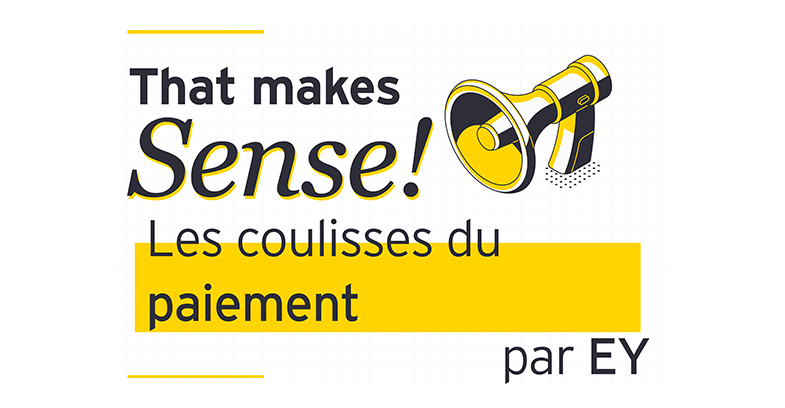TECH NEWS
European crowdfunding: new harmonized rules
Interview with Patrice Fritsch and Monika Swaczyna-Pruchnik, EY Luxembourg
January 19, 2021


Patrice Fritsch and Monika Swaczyna-Pruchnik – EY Luxembourg
Can you tell us a bit more about crowdfunding and its benefits?
While everyone would like to actively support and benefit from the development of existing and new businesses, crowdfunding is an alternative to bank loans and private equity financing for the most promising companies.
This service matches the business funding interests of investors and project owners through the crowdfunding platform.
However, until recently, there hasn’t been any EU regulation harmonizing crowdfunding. The lack of a pan-European unified set of rules was hindering the development of cross-border platforms and projects.
The regulation on European crowdfunding service providers for business (Regulation (EU) 2020/1503), approved in October 2020, will enter into effect on 10 November 2021. As a regulation, it will be directly applicable and not require transposition. For the first time, it will lay down an harmonized framework for the provision of crowdfunding services across the EU and will bring legal certainty across the EU allowing for more projects to find more investors.
What are the new administrative obligations?
The regulation establishes a set of regulatory requirements for market participants.
It introduces clear definitions of crowdfunding services and entities participating in crowdfunding. There is also a detailed process for authorization and passporting. To become authorized as a crowdfunding service provider, an application must be filed to the competent authority in the home Member State. This application must include all the documents to prove that the provider fulfils the organizational and operational requirements. The provider is also required to prove that it has: the right investor protection measures, efficient and prudent management, strict due diligence processes for project owners, and effective complaint handling procedures in place.
To guarantee investor protection, the crowdfunding service provider must provide a key investment sheet and a pre-contractual reflection period for non-sophisticated investors. For new investors, mandatory entry knowledge tests and simulations to bear loss need to be conducted. If all criteria are fulfilled, the competent authority has 25 days to assess the application and grant authorization to such an entity.
Should the provider want to offer its services in other EU Member States, it has to provide a set of information to the supervisory authorities of the respective home Member State. The home Member State authority will then forward information to the competent authority of the Member State where the crowdfunding service provider wants to passport services.
Drafting those documents and applying for authorization would require experience that potential or currently existing crowdfunding firms might not have. That is why there will be a need for support from the firms that already have such experience.
EY has built multidisciplinary teams for such projects and can assist in preparing the application file, writing and implementing the operational and due diligence procedures, drafting the key investment sheets, and/or supporting in the set-up of the entity.
What are the next steps?
The regulation has already been published and will be implemented in November 2021. The European Securities and Markets Authority (“ESMA”) will soon provide further details on the content and template of the authorization documentation. However, the general content of the application is already in the regulation and is not subject to change. Therefore, entities might start preparatory works now, to be the first ones to start providing such services. Only 10 months to go!